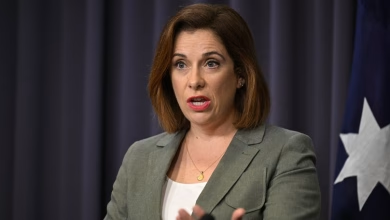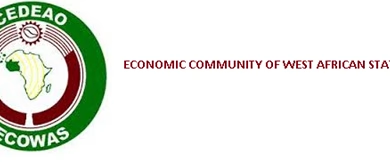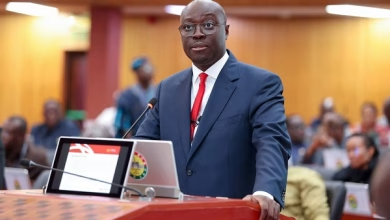No Famine Expected in Northern Ghana Despite Drought – Bryan Acheampong

- Bryan Acheampong assures that Ghana will not experience a famine
- Measures are in place to manage food security and support farmers affected by the drought
- Farmers have adequate grain reserves to sustain them until the next harvest
Bryan Acheampong, the Minister of Food and Agriculture, has reassured the public that Northern Ghana will not face a famine, despite the region’s ongoing severe drought.
The drought in Northern Ghana has led to more than two months without rainfall, severely impacting crop growth and leaving many farmers worried about their upcoming harvest.
Despite these challenges, Bryan Acheampong remains confident that Ghana will avoid a food crisis. In a recent interview, he refuted concerns about a potential famine, stating that the current situation is not comparable to the 1982-1983 drought and famine crisis.
“I don’t foresee a repeat of the 1982-1983 situation. We are equipped with better predictive tools and intelligence to handle such issues now,” Bryan Acheampong assured.
He noted that the conditions of that past crisis, exacerbated by drought and bushfires, are not present today.
Bryan Acheampong emphasized that the government has taken steps to prevent food shortages, including measures to address the impact on markets and to support farmers. He highlighted that even though current crop damage is significant, farmers have grain reserves to sustain them until the next harvest.
“We are confident that with the systems and support we have in place, we will manage the situation effectively. We’re preparing to ensure that we do not face a famine like that of 1982-1983,” he said.
The 1983 famine in Ghana was a devastating event caused by a combination of prolonged drought and widespread bushfires, which led to severe reductions in food production. The drought that began in 1981 significantly decreased rainfall, and by 1983, extensive fires destroyed a significant portion of the country’s crops.






